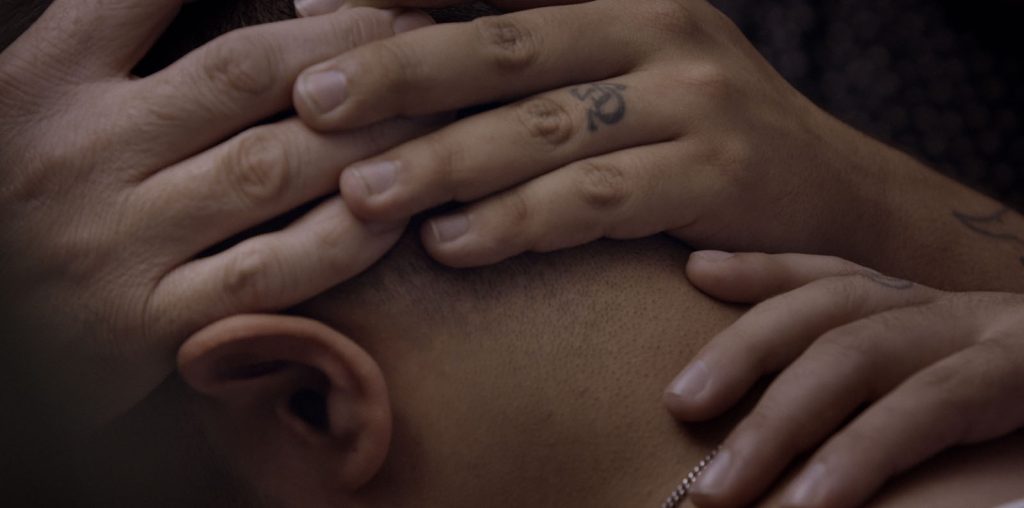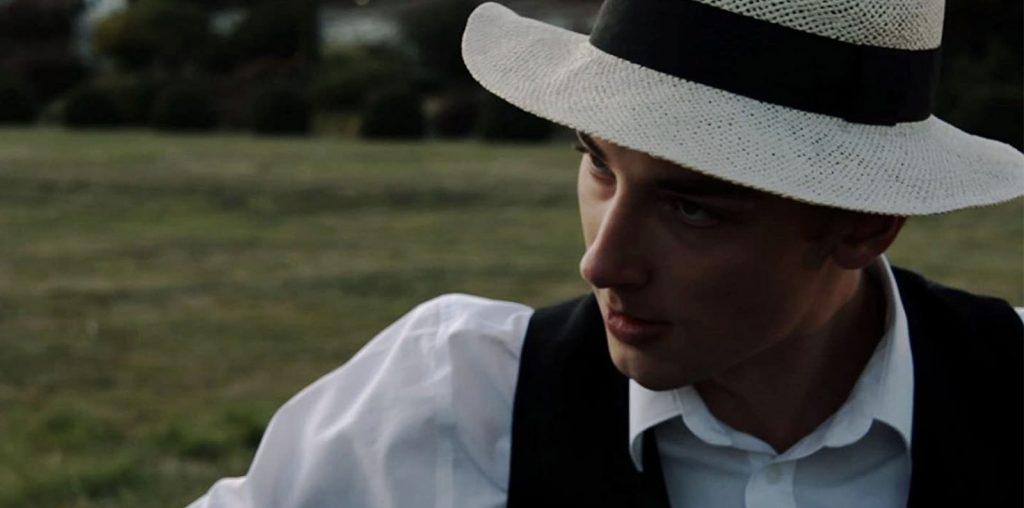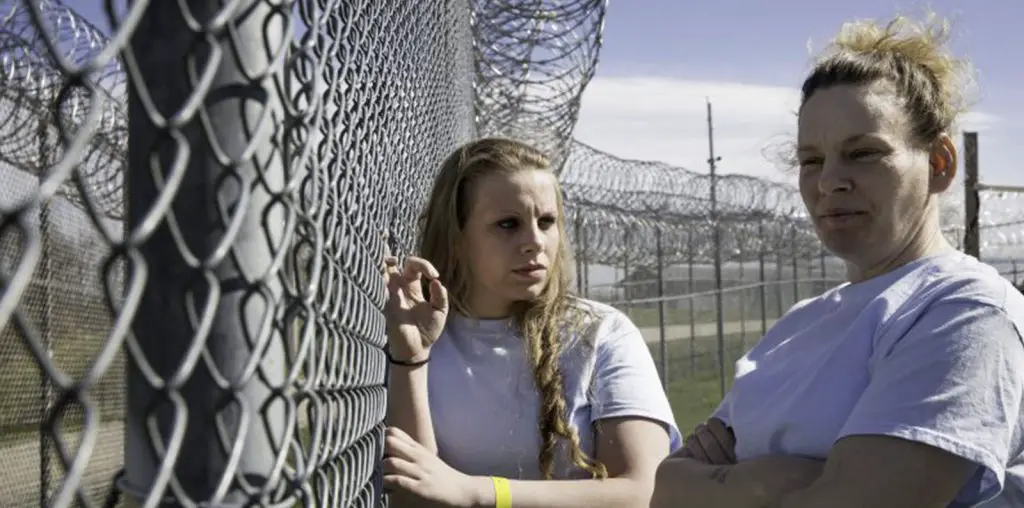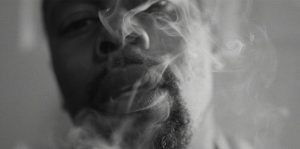
In documenting Bam as he reflects upon his life in and out of prison, director Brian Wertheim doesn’t so much attempt to simply tell Bam’s story, but rather to comprehend Bam’s station in life. Wertheim’s nature vs. nurture hypothesis in the film supposes that Bam’s path isn’t one that anyone would necessarily choose to take. However, when one is confronted with no other choice, having been taught that a particular life is the only life, the outcome is inevitable.
The gorgeous black and white cinematography courtesy of DP J. Lambert conjures up the look of a family photo album and beautifully complements the camaraderie and sense of community that Bam and his Watts neighbors steadfastly uphold. This is a milieu where men congregating on street corners and regaling each other with stories about prison and people they have shot is commonplace.
“The gorgeous black and white cinematography courtesy of DP J. Lambert conjures up the look of a family photo album.”
Yet while there is a cloud of palpable resignation hovering in the sky above Bam’s world, a smile can be seen peeking through all of the pain. While everyday social situations for Bam’s friends and neighbors may not be ideal, certain universal conditions remain. People laugh and pray, children play with each other, parents tenderly care for their kids, and life moves forward in one form or another.
Wertheim’s subject is not blind to his predicament in life and is remorseful about some of the actions in his past. But we can glean from this insightful short that Bam is blessed with the wisdom of knowing where he comes from and the trials inherent in that background. Bam eyes a future where he can, in his words, “shake somebody’s hand and be called Mr. Somebody.”
Mr. Somebody screened at the 2020 Tribeca Film Festival.
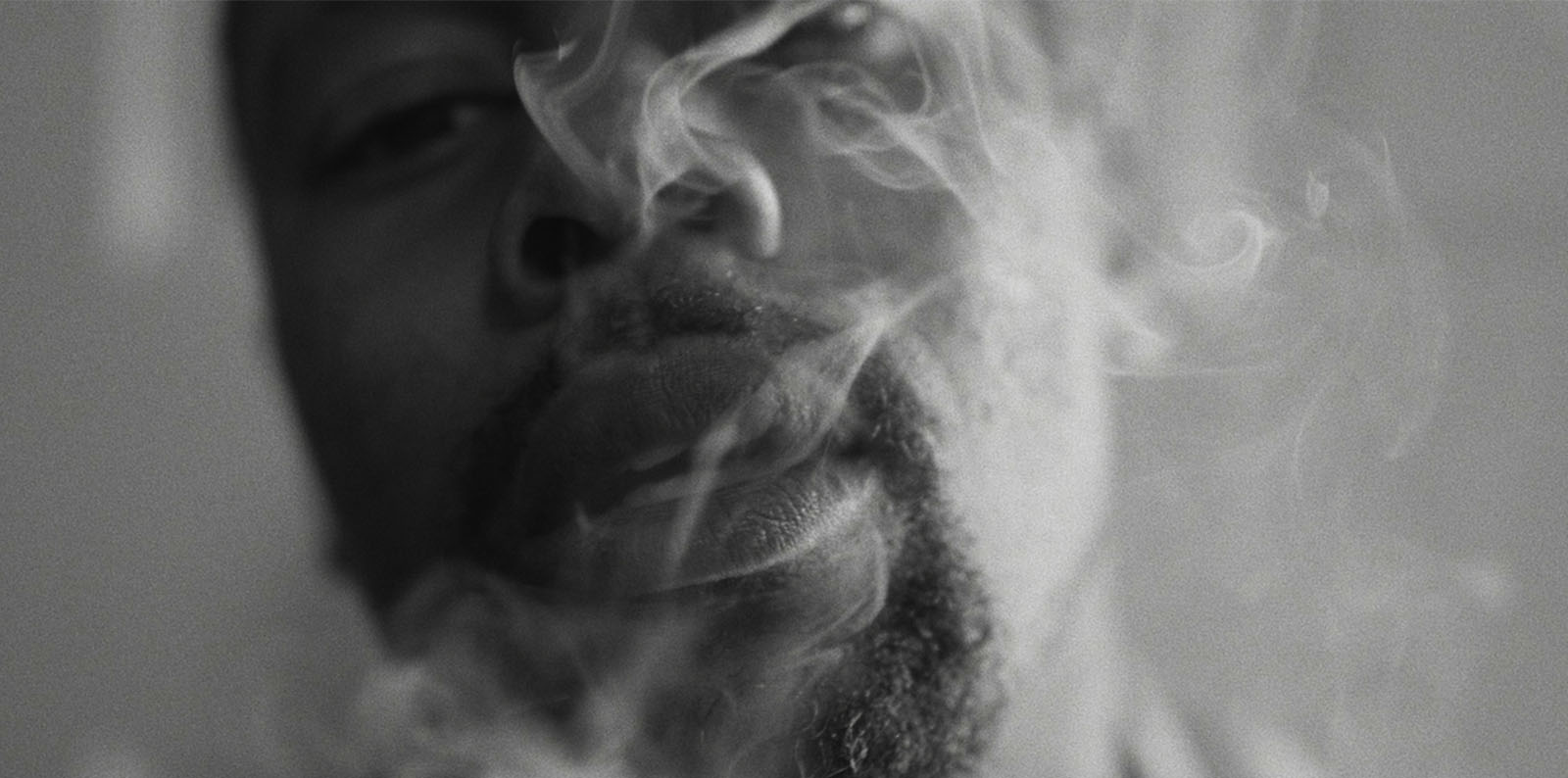
"…He never had a chance."
